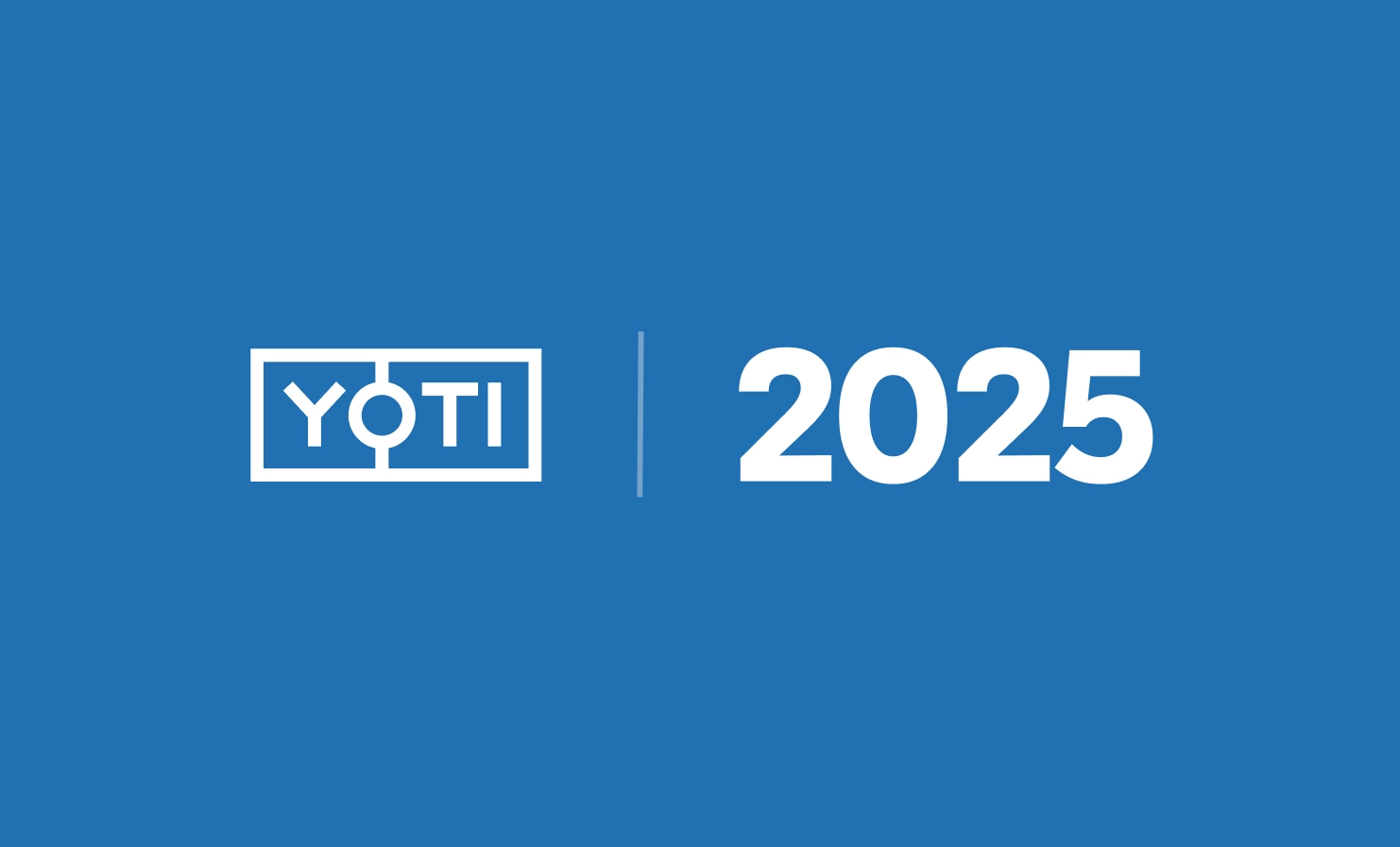
The festive period is a time for giving, celebrating and spending quality time with loved ones. Unfortunately, it’s also prime season for fraudsters looking to take advantage of unsuspecting shoppers. Instances of identity fraud skyrocket around Christmas, with someone in the UK scammed every 12 seconds.
To help you stay one step ahead, here’s some practical steps you can take to protect yourself from identity theft.
Keep your devices secure
In the UK, more than 4 in 5 of us do our shopping online. But as more of us shop from the comfort of our sofas, we still need to keep our wits about us when making online purchases.
Make sure that all your online accounts have strong, unique passwords. Avoid using easily guessed passwords, such as ‘123456’ or simply just ‘password’. We know it feels like an impossible task to remember all these different passwords, so we recommend using a password manager to help you create and store them all and turning on multi-factor authentication where available.
It’s important to stay on top of software updates on your devices – smartphones, tablets and laptops included. These updates often contain security fixes that protect your devices from vulnerabilities that hackers could exploit.
You should also have a secure lock screen on your devices. This could be with either a password, PIN or biometric authentication (like fingerprint recognition or face ID). If your device is ever lost or stolen, this makes it much harder for someone to access your personal information.
Be cautious with public Wi-Fi
Where possible, avoid shopping or online banking on public Wi-Fi. Some devices are set to automatically connect to nearby open Wi-Fi networks, often found in public spaces such as airports, coffee shops and shopping centres. Public networks are an easy target for hackers, so it’s a good idea to disable the ‘auto-connect’ function.
Switch to using your mobile data or wait until you get home to your private Wi-Fi. You could also consider using a Virtual Private Network (VPN) to protect your personal information. VPNs encrypt your data, creating a private connection between your device and a remote server.
Scope out the seller
We know how stressful it is when you’re making those last minute purchases before the big day, but watch for scammers who will target shoppers looking for in-demand products. Take a minute and ask yourself – is it too good to be true? Is the price too low? How has this seller got a product that’s sold out everywhere else?
When shopping online, stick to well-known and trusted websites. Look for https:// at the start of a website URL or for the padlock symbol next to the search bar. This lets you know that the website is secure.
With the rise of online marketplaces and community groups on social media platforms, people are now often selling directly to one another. Scammers take advantage of the lax admin in these groups coupled with the assumption that these community groups are safe spaces. Try to verify the identity of the seller through the platform’s integrated verification services. If this isn’t available, consider using a Digital ID app to do a peer to peer identity verification check.
Be smart with how you pay
During checkout, many sites will let you use a third-party payment system, like PayPal or Apple Pay. These payment processors may offer multi-factor authentication as an extra layer of security. Alongside a username and password, they’ll ask for an additional login credential, such as a code that is sent to you via text message. Enabling multi-factor authentication helps the processor to confirm that it’s definitely you accessing your payment account.
Where possible, use credit cards to pay for your purchases rather than debit cards. In general, credit cards offer better fraud protection. In many cases, they’ll cover the cost of fraudulent transactions, meaning that you won’t lose out if you’re targeted by a fraudster.
Be cautious when sending money via a bank transfer and don’t send money to strangers via the PayPal ‘friends and family’ option. This could exempt you from compensation if there’s a problem.
When using your card to make a physical payment, visually check the card reader for any signs of tampering. Card skimming devices are small, discrete devices which can be attached to cashpoints and unmanned card payment machines, like those at petrol stations. Fraudsters often use them to capture your card details and PIN codes.
Watch out for phishing scams
As Christmas draws closer, our inboxes can become flooded with unbelievable bargains and time-sensitive offers. These may seem exciting but hidden amongst those legitimate deals could be something more sinister. Look out for phishing emails or text messages, which attempt to make you click a link, download an attachment or update your account details. Criminals use phishing scams to trick people into revealing personal information.
Though these messages might appear to be from your bank or a well-known retailer, look for red flags. Be sceptical – look for poor grammar, strange sender addresses, requests for urgent action and generic messaging (such as addressing the receiver with ‘Dear User’). If you’re unsure, you can directly contact the company to confirm if they sent the message. Just be sure to use contact details that you’ve found independently on the company’s official website – and not the ones included in the email or text message – as they could also be fake.
Monitor your bank statements
Get into the habit of checking your bank statements regularly. This is good practice in general, but particularly during a time when you’re making more purchases. Look for any unfamiliar transactions and report any suspicious activity to your bank straight away.
Many banking apps now have a feature that gives you real-time notifications whenever you make transactions. This can be via an email, text message or push notification to your devices. Consider setting up transaction alerts so that you can act quickly if you see anything unusual.
Protect your personal information
Identity thieves rely on getting hold of your personal information. As a general rule, try to limit what you share on social media. Avoid sharing personal details which could help identify you, such as your home address. This is particularly important if your accounts are not fully private.
Where possible, opt for digital receipts and bank statements. There’s a much lower chance of these getting lost, which could put your personal information at risk of being stolen. If this isn’t an option, be sure to properly dispose of anything which may contain personal information. Shred any old bank statements, expired credit or debit cards and receipts you no longer need.
As more of us head out and about during the festive season, we usually have an identity document on us in case we need to prove our age. Keep your identity documents as safe as you can when you’re out and consider using a Digital ID in places that accept them. The Christmas period is one of the busiest for replacing driving licences – in the UK alone, over a million of them were reported lost or stolen last year. Our IDs contain a whole host of personal information about us – jackpot for an identity thief.
What to do if you think you’re a victim of identity theft or identity fraud
- Inform your bank immediately if you spot any unusual transactions or if you think your details have been compromised. They’ll be able to prevent further transactions and advise you on the next steps. You can also request that they monitor your account for continued suspicious activity.
- Change your passwords, especially if you’ve used the same one across multiple accounts.
- Report your lost or stolen identity documents to the organisations who issued them.
- If your documents have been stolen, you can also report this to Action Fraud – the UK’s national fraud and cybercrime reporting centre. They’ll generate a crime reference number which may be needed for future investigations.
- Check your credit report for any unusual activity, such as credit accounts or loans that you didn’t apply for. You can ask for a fraud alert to be placed on your credit file. This will prompt lenders to perform additional identity verification checks before approving any credit applications.
Stay one step ahead this Christmas
While the holiday season is a time for joy and celebration, it’s also a time when fraudsters are particularly active. By staying vigilant, taking extra precautions with your financial and personal information and monitoring your accounts closely, you can significantly reduce your risk of falling victim to identity fraud. With these tips in mind, you can enjoy a safer and more secure Christmas, free from the threat of identity fraud.
For more safety tips, check out our blog.



